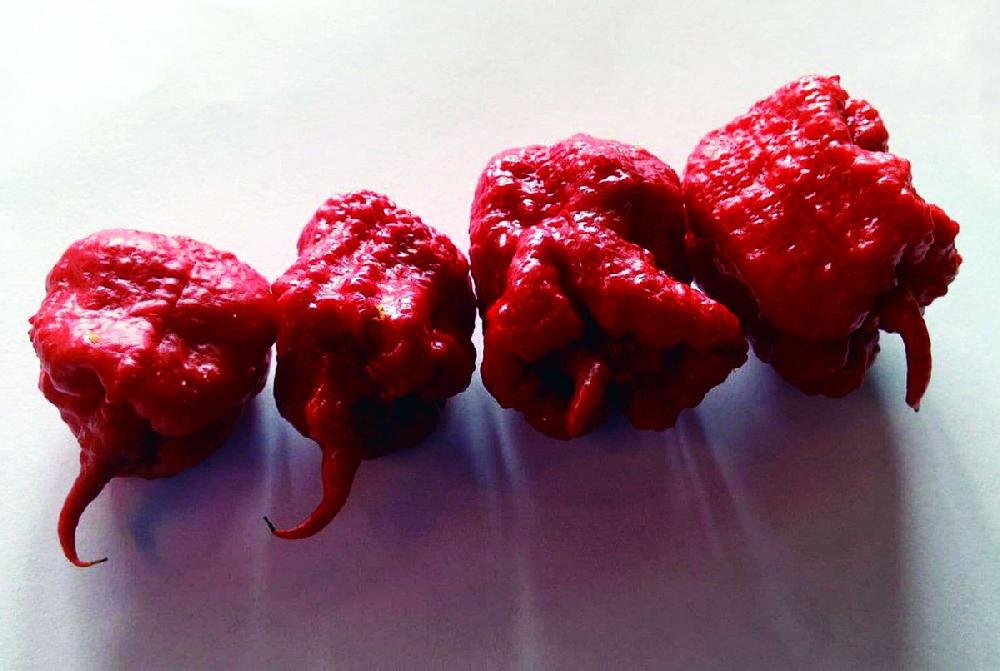

What’s more, research in mice suggests that capsaicin could help prevent cancer or shrink tumors in the gut. Eating chili peppers, for instance, has been linked to a lower risk for mortality, possibly by improving blood flow. In fact, many of the same effects that are damaging at high doses are actually beneficial in low doses. Barad says the study is “mildly interesting” but isn’t something doctors or scientists are getting worked up about. I’m not sure this is generalizable to anyone else besides this one unique person,” she says.

So what about the extreme, life-threatening reactions? Meredith Barad, a neurologist at Stanford who specializes in headaches, says that a reaction like the New York man’s is not common. Unfortunately, pain fibers are even “present in other places that we don’t talk about politely," Prescott says, "you know, the day after the chili hits." Mucus production in your gut ramps up in a final attempt to purge the offending substance out the other end as fast as possible, ultimately resulting in diarrhea. You might feel like you’re going to vomit. Capsaicin binds to heat receptors located on pain nerve fibers throughout your body, tricking your brain into thinking parts of your body are literally burning.Īs the pepper moves through your stomach and intestines, the pain and inflammation follow it.

The active chemical in chili peppers that gives them their fire is capsaicin. What the hell is happening to these people? And is there a real danger in eating extremely spicy food? “When you experience a hot chili pepper, it’s not a taste response, it’s a pain response,” says David Julius, a professor of physiology at UC San Francisco. Doctors discovered that these severe sudden-onset headaches, which often predict a hemorrhage or a stroke, were caused by the constriction of several arteries in his brain, which they attributed to the chili pepper. More recently, a 34-year-old man in New York developed “thunderclap headaches” after eating a Carolina Reaper at a chili pepper competition. In Turkey, two men had heart attacks after taking cayenne pepper pills for weight loss.

However, a few rare cases have resulted in more serious consequences. The process takes a very long time as it is very time-consuming and rigorous.While these reactions are scary, they’re not life-threatening. Ed Currie, the cultivar (breeder), of the pepper is said to be trying to get a new cultivar called Pepper X officially certified as the newest hottest pepper. Nothing is officially hotter than a Carolina Reaper Pepper according to Guinness World Records. It is thought this is by nature’s design as this allows the birds to eat the peppers and transport the seeds to faraway lands, thus ensuring the survival of the species. Birds are said to experience no adverse reactions to eating peppers. For birds, they do not have the same pain receptors as mammals and do not even notice the heat. The pain you feel is actually limited to mammals. If you have any underlying medical conditions, talk to your doctor before consuming them. For a person who is not allergic to fruits, capsaicin, or any of the particular natural chemicals in the peppers it will likely not kill you.


 0 kommentar(er)
0 kommentar(er)
